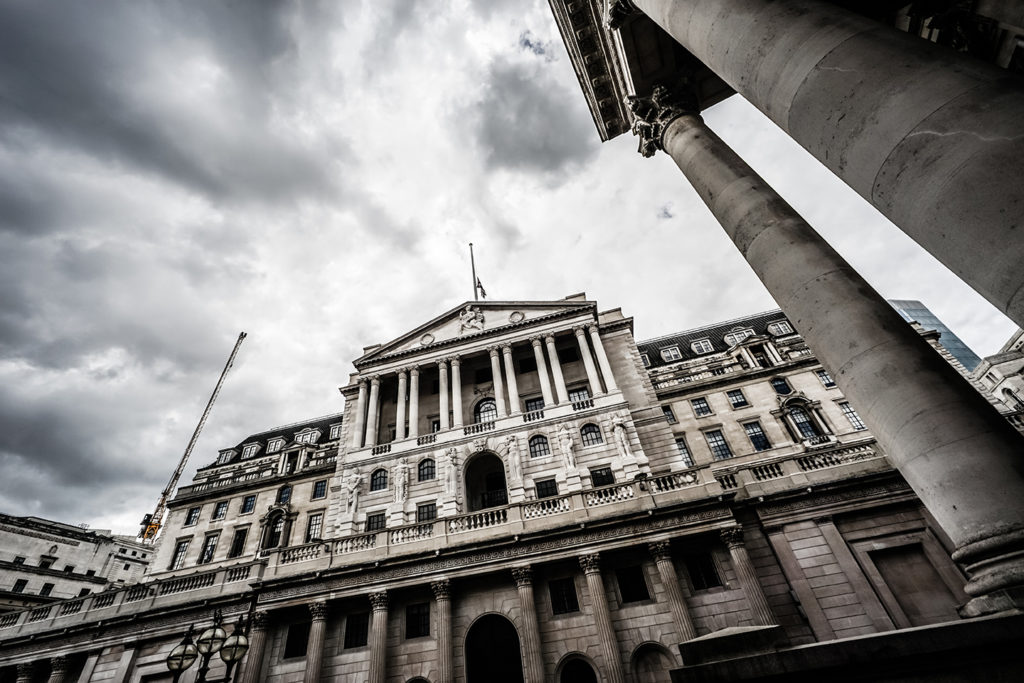Fuel price increases as well as the cost of clothing resulted in a surge in inflation. Figures from the Office for National Statistics show that UK inflation now stands at its highest peak in over a decade.
The consumer prices index (CPI) reached 5.1 per cent in the year to November. This was a rise from 4.2% in October. Inflation has not reached this level since September 2011. Transport made up 0.27% of the headline amount due largely to the rise in petrol prices and second-hand cars. At 145.8p per litre in November petrol is on average 33.2p more expensive per litre compared to a year prior. Additionally clothing and footwear contributed 0.21% to the overall rise.
Price rises across some other key consumer products reveal significantly higher than average jumps. Over the past 12 months baby nappies have increased by over 15.2%, audio equipment 7%, rail and tube fares 6% and takeaway meals are up 3%. Supply chain issues and reduced availability have placed pressure on prices. One in ten grocery products remain either unavailable or low in stock.
Analysts had predicted inflation hitting 4.7% and the Bank of England forecasted 4.5%. The Bank’s target for inflation is just 2%. The higher than expected findings ramped up the pressure on the Bank to increase interest rates. Its monetary policy committee met today and increased the rate to 0.25%. The rate had stood at a record low of 0.1% but voting was 8 to 1 in favour of the upwards move.
It is the first rate increase since 2018 and makes the Bank of England the only major central bank to take this type of action since the beginning of the Covid outbreak. It will add £15 per month to an average repayment mortgage and £10 to a typical standard variable rate mortgage. Those increases will affect 2 million people in the UK who hold one or more of these mortgage types.
The monetary policy committee had surprised commentators by avoiding a rate increase when they last sat in November. A higher interest rate will make borrowing more expensive. With less money to spend, consumers and businesses should in theory generate less demand and aide the reduction in price increases.
Though despite this measure by the Bank, inflation is forecast by economists at accountancy firm KPMG to stay above the 2% target until 2024. They expect it to peak in April 2022 at 6%. “Supply bottlenecks in the crucial Christmas period” will play a major part in this issue.
The UK had benefitted from a stronger than projected recovery from the pandemic. Yet, the impact of the surging Omicron coronavirus variant on economic growth and inflation are very much unknown. We hope greatly that the pressure on businesses and living standards at the beginning of next year is both less severe and shorter than forecast.
How should businesses cope with high inflation?
Has your business thought about possible processes that can be put in place to deal with a sharp rise in inflation? What might you need to think about in order to minimise the impact of foreseeable events:
Forecast your cash flow… make sure your financial reporting reflects the current state of play and your forecasts incorporate higher inflationary costs. If things look tight in the near to medium future can you arrange an overdraft facility or gain access to other funds to help you through the worst of the issue? You may have more options than you think such as: invoice financing, re-mortaging, asset finance etc.
Streamline costs… are there any non-essential or longer term strategies than cane be trimmed back even in the short-term? If you’re speculating on growth how confident are you of getting the return? Are you better of bunkering down in the immediate future?
Check productivity… can you ramp up output, even if the pick-up in performance isn’t sustainable, it might help in the immediate future by providing increased turnover and an additional cash buffer?
Communicate… if you have a team make sure that you give them appropriate information. Job security concerns and a cost of living crisis may be playing on their minds and affecting their performance as well as their mental health. Keep them in the picture and reassure them as best you can whilst remaining honest.
Prepare and react… assess your situation by taking into account both the macro factors hitting the wider economy as well as those specific to your sector and business. Seek expert guidance if necessary and react to the facts as you see them. Its vitally important you anticipate the consequences of inflation as best you can and avoid significant surprises.


